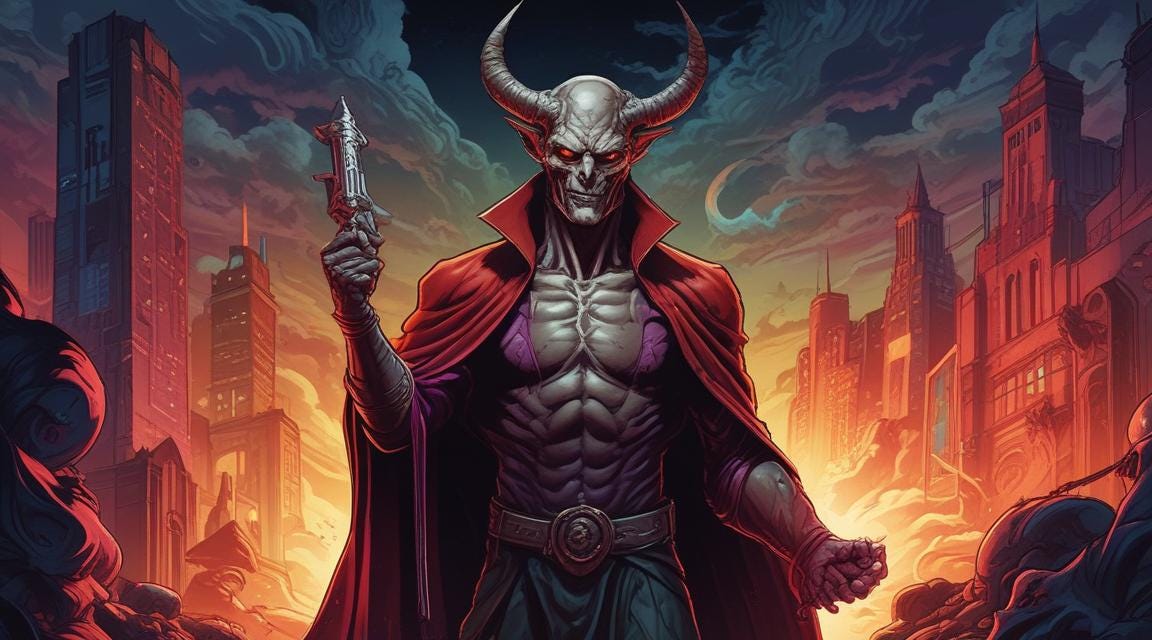Hollywood's Satanic Allegations: A Deep Dive into the Latest Conspiracy Craze
Fact or Folklore? Unpacking the Wild Conspiracy Theories About Hollywood’s Alleged Satanic Rituals
In recent years, wild accusations about Hollywood's elite engaging in satanic rituals have become a fixture in conspiracy theories. These tales often claim that industry moguls partake in bizarre ceremonies involving grotesque, human-like food, blending shock value with folklore. But much of this resembles the cyclical moral panics seen throughout history, as noted by scholars like Jeffrey S. Victor, who labels such stories as modern myths. Despite the hype, these allegations lack factual grounding, rooted instead in societal fears rather than real evidence.
Hollywood’s Role in Conspiracy Culture
The notion of satanic practices in Hollywood taps into longstanding societal anxieties. Since medieval times, secret cults and devil worship narratives have surfaced during periods of unrest. Today, conspiracy theorists tie these beliefs to the entertainment industry, citing everything from symbolic imagery in films to speculative whispers about private parties.
While Hollywood is known for its ability to shock and awe, many of these rumors originate from a misinterpretation of artistic choices—props, scenes, or themes designed for dramatic impact are mistaken for real-life rituals. Think of the industry's love for horror and surrealism: it’s far easier to conflate special effects with reality than to acknowledge that Hollywood thrives on fantasy.
Moral Panics and Their Origins
According to experts like sociologist Jeffrey S. Victor, the idea of satanic cults operating within the entertainment industry is just another form of contemporary legend. These conspiracy theories are part of broader cultural patterns—often dubbed "moral panics"—where societal fears manifest through exaggerated stories. Such claims tend to emerge during times of public unease, reinforcing pre-existing narratives about power, control, and secrecy.
The Real “Villains” in Hollywood
While allegations of satanic rituals continue to surface, the entertainment industry’s real challenges lie elsewhere. Behind the glitz and glamour are struggles like creative burnout, intense competition, and the pressure of producing commercial hits. As these conspiracy theories circulate, they distract from genuine concerns within the industry, including labor disputes, mental health crises, and the ever-rising cost of movie-going experiences. If there are demons to be found, they’re far more mundane and far less nefarious.
A Contemporary Folklore
Ultimately, the idea of Hollywood elites secretly indulging in satanic practices is a modern myth—born out of a mixture of public fascination, mistrust of the rich and famous, and a misunderstanding of artistic expression. Scholars like Philip Jenkins, who studied moral panics, remind us that these narratives often repeat themselves across generations, adapting to the times but grounded in little more than hearsay.
In a world filled with sensational stories, the real threat isn’t satanic elites but the power of disinformation and the public’s appetite for conspiracy. As Umberto Eco once remarked, "We like lists because we don't want to die." Perhaps these theories are just a reflection of our fear of insignificance in an increasingly complex world. For now, let's save the pitchforks for something more real, like overpriced popcorn at the movies.



